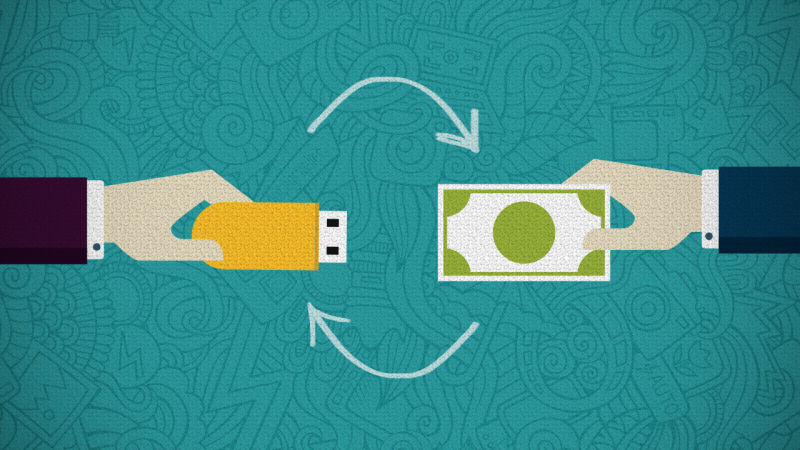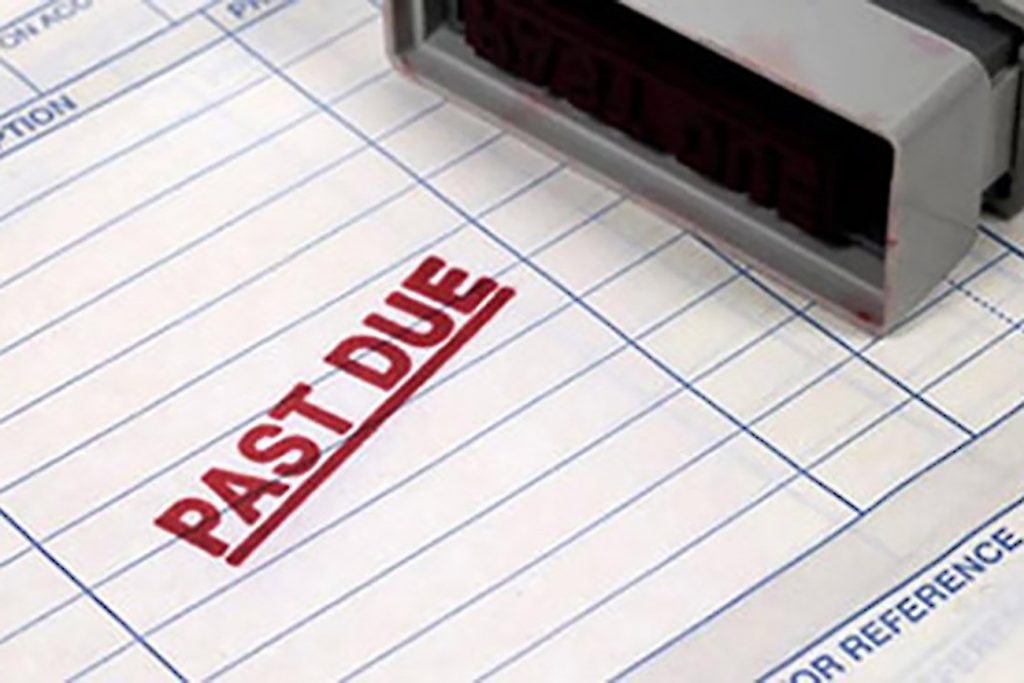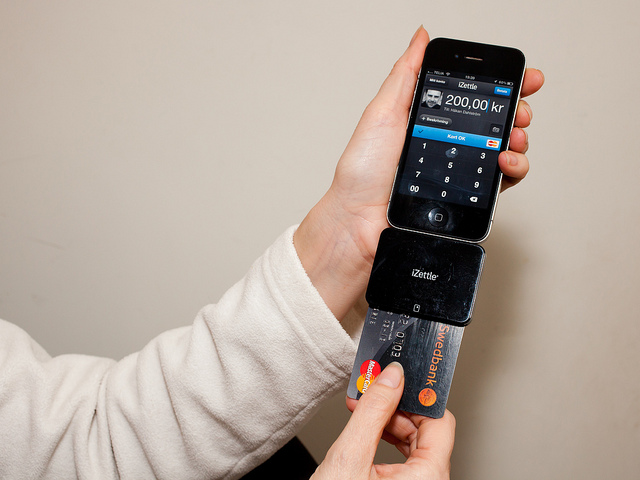
Freelancing is what I recommend for anyone feeling that entrepreneurial “itch”.
The path allows you to leverage existing skills into a viable business offering services. Plus, you get to improve your skills with each new project.

Freelancing Contracts: Are They Necessary?
It’s a win/win.

Thinking Of Starting Your Own Business? It’s Time To Get Planning
The cost to launch a service-based freelance business is relatively low. A portfolio, business cards, and a bit of marketing are about all you need to get up and running.
The hard part comes when you make the shift to full-time… mainly the finances.
Financial Obstacles in Freelancing

From Zero to Hero: 8 Steps to Becoming a Freelancer
Client diversity is what allows you to weather the hard times, such as:
· Slowdowns during the holidays
· Health or relationship problems
· Mental/personal breaks

The Legal Dangers of the Gig Economy
Most freelancers hold onto their 9-to-5 to keep stability in their income. The freelancing is a side-gig that begins to take off once higher-paying clients come in. This is aligned to most other forms of startups you’ll get into (so it sets a good example).

Important Financial Management Tips To Help a Business Owner
The financial obstacles generally arise when working with bad clients.
These are the clients that nit-pick your work and delay project completion. They sometimes abuse the professional relationship which throws your schedule and finances out of whack. Worse is when you’ve completed work and they refuse to pay.

5 Financial Mistakes Small Businesses Make and How to Avoid Them
Other instances of financial troubles tend to form around:
· Not allocating funds for taxes leaving you with a big bill during tax time
· Not having an emergency fund when work dips or clients hop ship
· Not diversifying services leaving you susceptible to low-balling
It all comes down to A) having a fallback and B) always seeking new clients.
What Do I Do If?

How Good is Your Health Care Plan?
Alright, so you’re thick into this freelancing thing and it’s going well. Money’s coming in and clients are happy. It looks like you’re squared away with funds… then you have a medical emergency.
I’ve been through this and can honestly say it sucks – it’ll set you back months. Plus, hopefully, clients will understand and stick with you else those funds dry up real fast.
Here are a few ways to balance it out:

5 Financial Mistakes Small Businesses Make and How to Avoid Them
Online installment loans provide a payday loan alternative that’ll drop up to $1,250 into your account within moments. These loans have flexible payment options which work well if you have projects lined up which would go toward the repayment.

What Are The Advantages of e-Wallets?
Credit cards will help you get out of a pickle but it’s imperative you’re using them for the essentials. The high APR can kill your finances quick. Yet, the savvy (good credit) business folk will at least draw it out by transferring funds to a 0% interest card until repayment is on track.

5 Unconventional Funding Solutions for Fantastic Startup Growth
Cash from friends/family is the last option but one that works if you can provide a paper trail of your business income and expenses. Small $500-$1,000 loans could float a payment or two before invoicing comes through. Plus, you probably won’t have interest tacked on.

The Future’s Here and Your Business Needs to Embrace It
Timesheet apps like ActiveHours let you add work info (if you’re still at a 9-to-5) and get paid for that day of work. The payback is usually tip-based with these apps. This option is great if you have something posting soon that could cause an overdraft.
The All-Important Emergency Fund

How To Successfully Steer Your Company Out Of A Cashflow Crisis
It just sucks that your effort in starting a business can end because of an accident or slip-up. Even more of a reason to have an emergency fund.

4 Ways to Increase Your Earning Power
You could always do more work but time is limited. When you’re already overworking and have a financial setback… it’s the end times. To alleviate this, you need to put aside money every invoice (first-and-foremost) toward the emergency fund.
Pay yourself first.

Are You Ready to Start a Business? You Decide [Infographic]
Allocate 10% of your invoice toward a high-rate savings account. Keep doing this until you have a 3-6-month buffer. Enough to cover rent and usual spending. Do this along with using the appropriate resources and you’ll weather those harsh storms in business.




